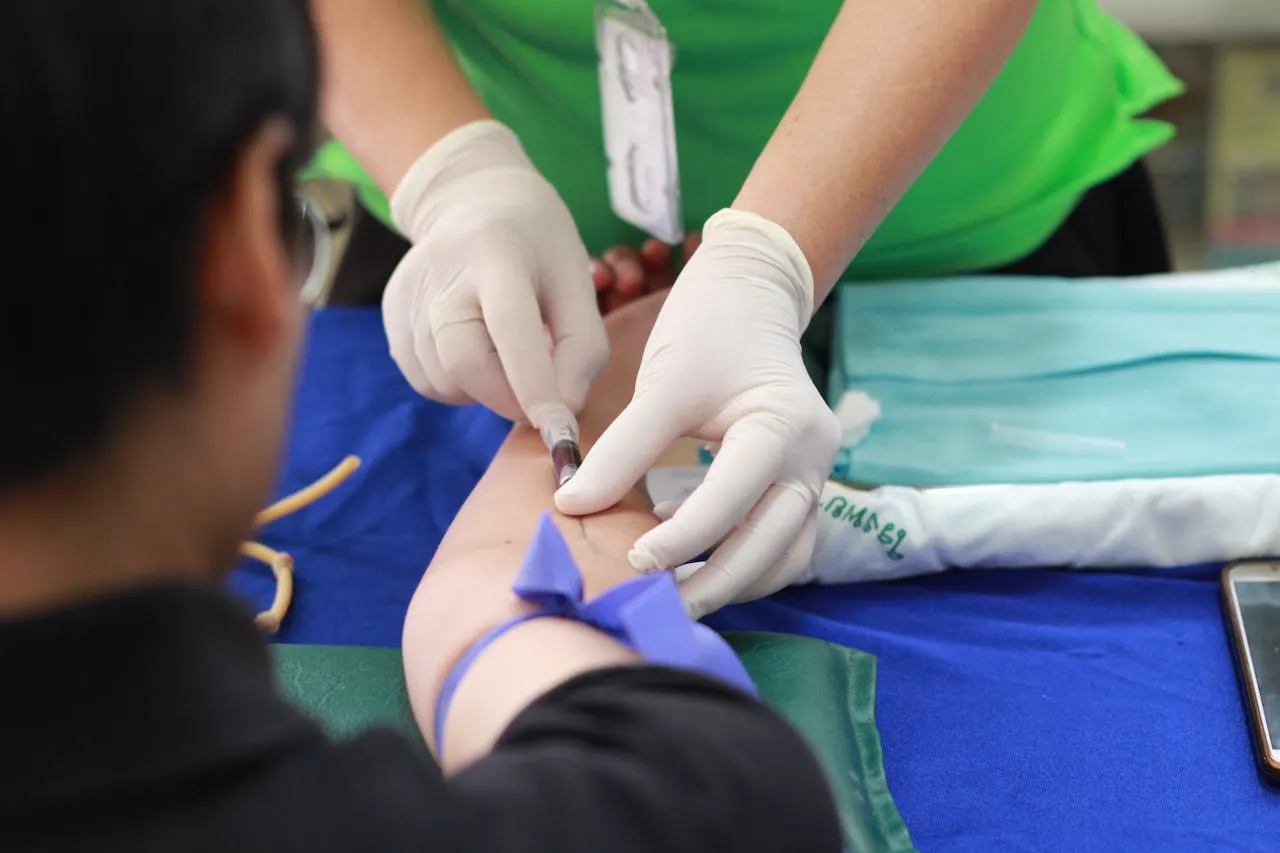
GSK Licenses Shigella Vaccine Candidate to Bharat Biotech in Push for Global Health Equity
GSK today announced a significant step forward in the battle against Shigella a leading cause of diarrhoeal disease and death in children under five by licensing its Shigella vaccine candidate, altSonflex1-2-3, to Bharat Biotech International Limited (BBIL). This strategic collaboration aims to enable the continued clinical development and eventual delivery of a low-cost, effective Shigella vaccine to children in low- and middle-income countries (LMICs), where the disease’s health impact is most severe.
The agreement paves the way for ongoing clinical trials and eventual distribution to communities that need it most, strengthening the collective ability to ease the health burden placed by Shigella, a disease responsible for hundreds of thousands of deaths each year, predominantly in children. Shigella, a bacterial pathogen, is a major cause of diarrhoeal disease — a condition that can manifest in severe diarrhoea, fever, and complications — and is recognized by health experts as a significant contributor to sickness and death in vulnerable children.
Clinical data show promising results
The candidate Shigella vaccine, altSonflex1-2-3, is currently in clinical trials and has already demonstrated strong results in both Phase 1 and Phase 2 studies. An interim statistical analysis confirms that the candidate is meeting its pre-established criteria for immunogenicity — meaning it stimulates a strong and desirable immune response — in trial participants. Importantly, this is a strong indicator that the vaccine could be effective in protecting children against Shigella in the future.
This vaccine utilizes GSK’s Generalized Modules for Membrane Antigens (GMMA) platform, a novel and innovative approach to developing vaccines against gram-negative bacterial infections. The GMMA platform involves the use of tiny outer membrane vesicles (OMVs) that naturally bud off from the surface of the Shigella bacterium. These vesicles retain key surface components — or antigens — that enable the human immune system to recognize and respond to the disease, without needing extensive adjuvants or complex delivery mechanisms.
This low-cost, scalable approach makes GMMA vaccines especially well-suited for use in low- and middle-income settings, where vaccines must be both affordable and easy to produce at scale. Furthermore, this platform can be used against other gram-negative pathogens, adding a versatile tool to aid disease control across multiple disease targets.
Collaborative intent to reduce disease burden
Thomas Breuer, GSK’s Chief Global Health Officer, explained the significance of this collaboration: “With young children in lower-income countries suffering a dramatic disease burden due to Shigella, the development of a low-cost, effective vaccine is a crucial priority for improving health outcomes. Currently, there are no broadly available vaccines against Shigella — a reality we aim to help address through this collaboration with Bharat Biotech.”
He added, “This agreement lets us combine GSK’s scientific expertise with Bharat Biotech’s extensive experience in developing and delivering vaccines, especially to Gavi, the Vaccine Alliance, and UNICEF. Our collective efforts can enable us to bring a new tool to the children and communities most in need, hopefully saving many lives in the process.”
The growing concern about antibiotic resistance further underscores the urgency for vaccines. Shigella strains are increasingly developing resistance to antibiotics, adding a significant challenge to disease control and treatment. An effective vaccine could ease this pressure by reducing the number of Shigella infections — thereby reducing antibiotic use — and helping to slow down the alarming rise in antimicrobial resistance (AMR).
Continuing the collaboration toward Phase 3 and eventual delivery
Bharat Biotech’s team will collaborate closely with GSK to oversee the Phase 3 trial design and implementation. GSK will provide continued technical expertise and support in securing funding for these trials. This collaboration strengthens the longstanding relationship between GSK and Bharat Biotech, which previously resulted in the world’s first malaria vaccine, RTS,S — a powerful precedent for delivering vaccines to vulnerable children in low-resource settings.
Dr. Krishna Ella, Executive Chairman of Bharat Biotech, underscored the significance of this collaboration: “Bharat Biotech is proud to collaborate with GSK in developing a Shigella vaccine candidate. Shigellosis continues to be a major health concern for children under the age of five in low- and middle-income countries, where access to effective care can be limited.”
He further explained, “The growing threat of antimicrobial resistance makes developing vaccines to reduce disease even more urgent. We are passionate about employing our expertise in vaccine research, production, and delivery to make sure this candidate reaches those children who need it most. This agreement reflects a shared commitment to health equity — and we’re excited to see the progress we can make together.”
The GMMA platform’s adaptability, low-cost production, strong immunogenic profile, and ability to aid in reducing antibiotic resistance collectively make this an especially promising approach for Shigella vaccines. This collaboration brings together GSK’s cutting-edge scientific prowess and Bharat Biotech’s expertise in developing vaccines for neglected and high-burden diseases — a powerful combination poised to make a real-world health impact.
A shared mission for health equity and disease prevention
This new agreement underscores GSK and Bharat Biotech’s shared mission to get ahead of disease together and delivery health impact at scale through cutting-edge science, collaboration, and strong delivery mechanisms. It signals a powerful opportunity to make a measurable, lifesaving intervention for children and families in low- and middle-income countries — a step forward in health equity and a crucial tactic in the ongoing battle against antibiotic resistance.
If this candidate successfully moves through late-stage trials and eventual licensure, it could profoundly reduce the disease burden of Shigella, ease suffering for vulnerable children, and contribute to a future where antibiotic resistance is less threatening, vaccines enable prevention, and health care reaches all who need it most.





